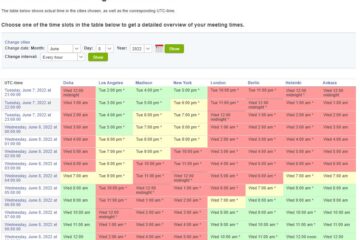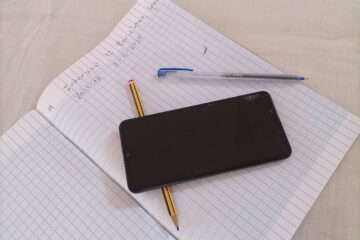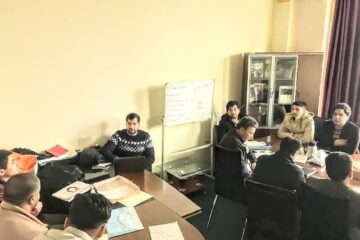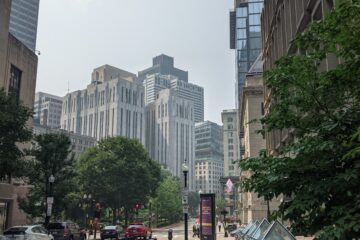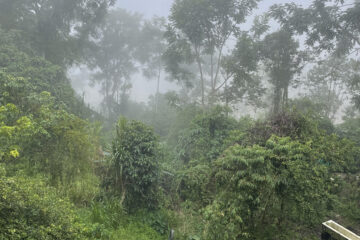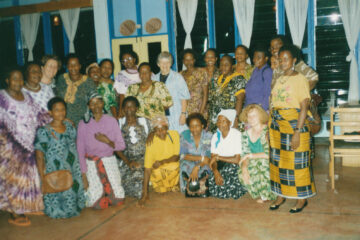Facilitating and Producing Research during the COVID-19 Pandemic: Lessons Learned
by: Elizabeth Wanucha, Center for International and Regional Studies (CIRS), Georgetown University – Qatar
Tips for Hosting Virtual Research Workshops
The Center for International and Regional Studies (CIRS) at Georgetown University-Qatar (GU-Q) is a research center…
